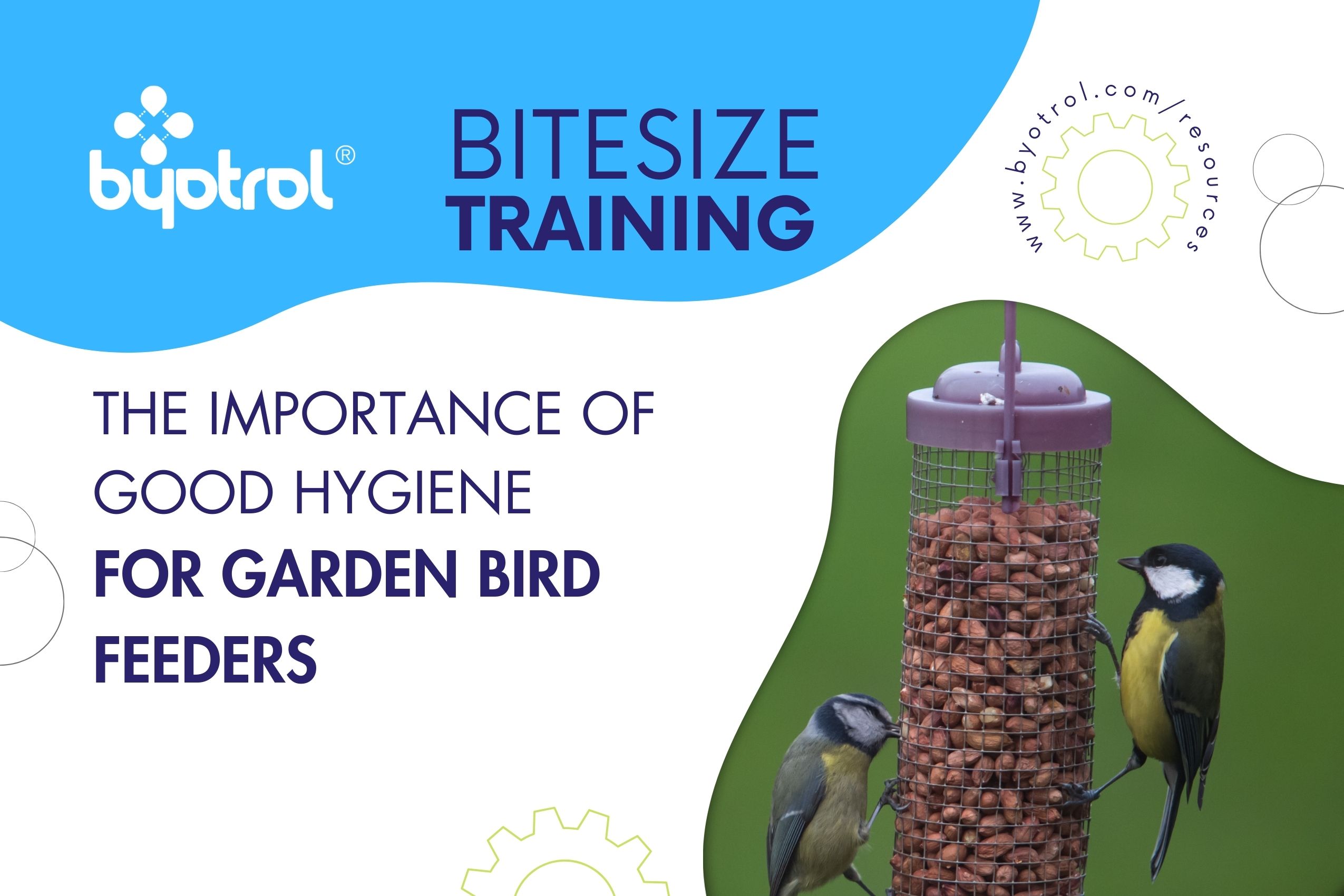Garden bird feeders can bring a wonderful sense of nature closer to our homes, providing a delightful spectacle and helping to support local wildlife. However, without proper hygiene, bird feeders can become breeding grounds for diseases that can severely impact bird populations. It’s crucial for those maintaining bird feeders to understand the risks and implement measures to keep both the birds and the environment safe.
Pathogens Threatening Garden Birds in the UK
Several specific pathogens pose threats to garden birds in the UK, including:
Trichomonas gallinae: Causes Trichomonosis disease that primarily affects pigeons, doves, and finches, causing severe throat infections that can lead to starvation.
Avian Pox: A virus that creates wart-like growths on the skin and can obstruct the breathing passages and eyes.
Salmonella: A bacteria that leads to intestinal distress and can be fatal, particularly in songbirds like finches and tits.
Aspergillus: This fungi causes Aspergillosis, a respiratory disease that affects birds that inhale spores from mouldy seed or decaying organic matter.
Understanding these pathogens and their impact is vital for anyone involved in feeding garden birds.
Practical Ways to Protect Native Species
To mitigate the risks of disease at your bird feeder, consider the following practical tips:
Regular Cleaning: Disinfect bird feeders at least weekly, using an effective veterinary disinfectant such as ANIGENE Professional Surface Disinfectant Cleaner or ANIGENE Professional Chlorine Tablets. Ensure that feeders are rinsed thoroughly and dried before refilling.
Appropriate Spacing: Space out feeders adequately to prevent overcrowding. Overcrowding can facilitate the rapid spread of diseases among birds.
Fresh Food Only: Always provide fresh seeds and nuts, only fill feeders with the amount needed each day. Discard any wet or mouldy food as it can harbour fungi that are harmful to birds.
Rotate Feeder Locations: Regularly change the locations of the feeders in your garden. This prevents the build-up of waste underneath them and reduces soil contamination.
Use Quality Feed: Opt for high-quality, appropriate feed to ensure it is safe and healthy for the birds.
Water Hygiene: Maintain clean birdbaths and drinking stations with the same diligence as feeders. Change water daily and clean the bath frequently using an appropriate disinfectant such as ANIGENE.
Monitor Bird Health: Keep an eye on the birds visiting your garden. If you notice birds appearing sick or behaving unusually, temporarily remove feeders for two weeks to prevent disease spread.
Resources for Further Advice
For those looking to dive deeper into best practices for bird feeder maintenance or to understand more about local bird health, the following resources can be invaluable:
British Trust for Ornithology (BTO): Provides research and updates on bird health issues in the UK, and advice on how to manage feeders. You can contribute to the vital research of the BTO by recording the wildlife in your garden via the Garden Birdwatch project.
RSPB (Royal Society for the Protection of Birds): Offers comprehensive guides on how to safely feed garden birds and detailed information about bird diseases.
Wildlife Trusts: Offer local advice and information on supporting wildlife in your area, including safe practices for bird feeding.
By adhering to these guidelines and staying informed through trusted resources, bird lovers can continue to enjoy the benefits of bird feeding while ensuring their feathered visitors stay healthy and vibrant. This not only enriches our own lives but contributes to the conservation and well-being of the UK’s native bird species.
